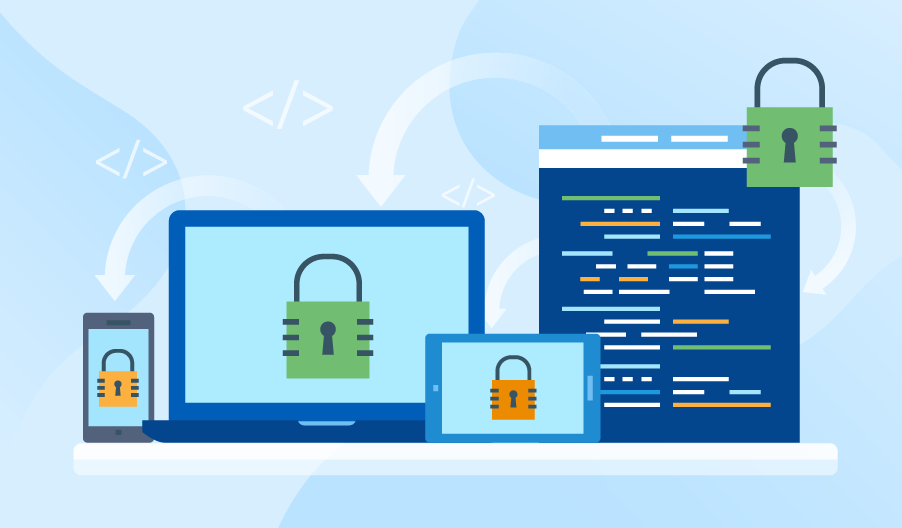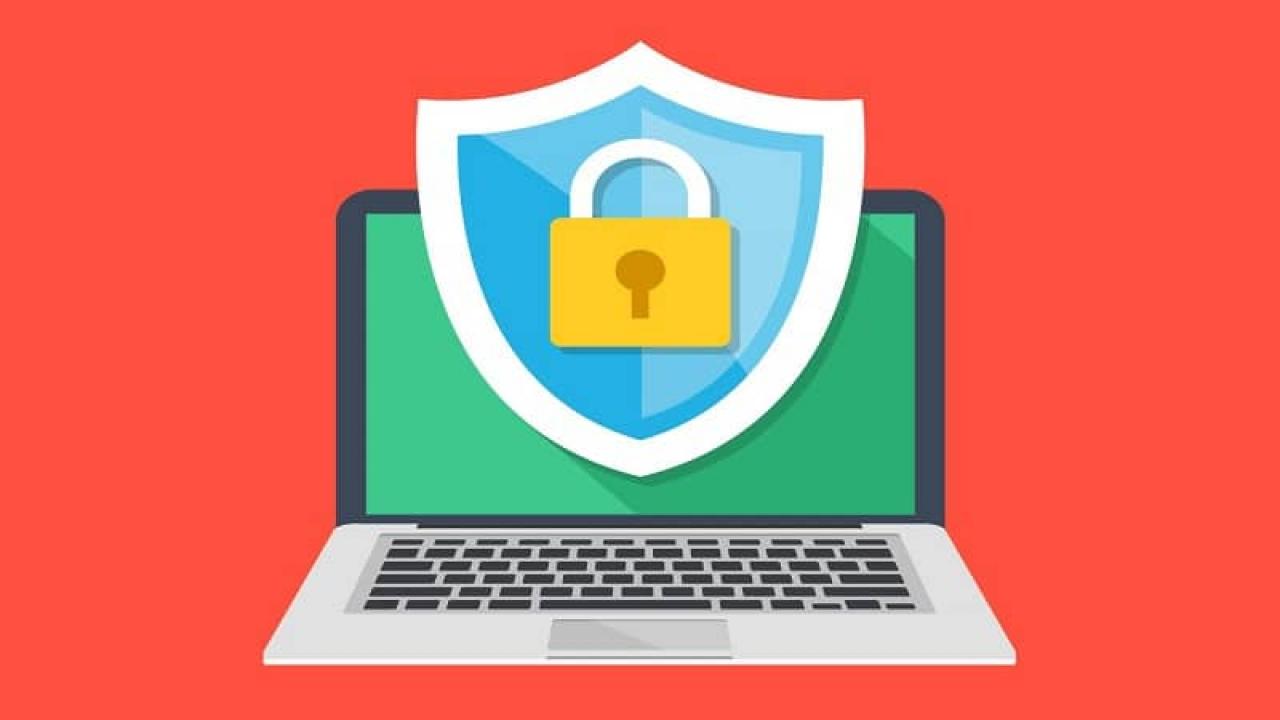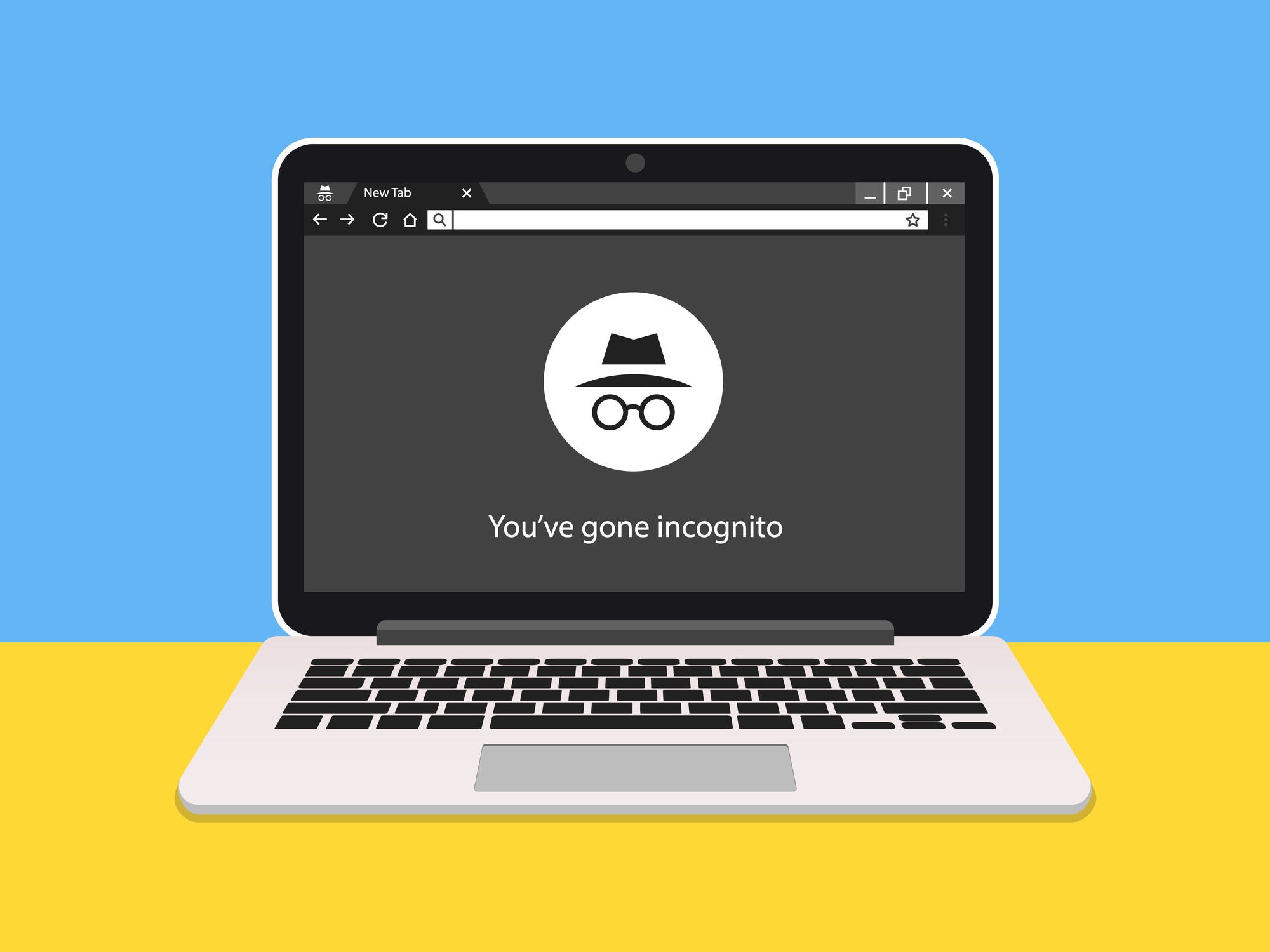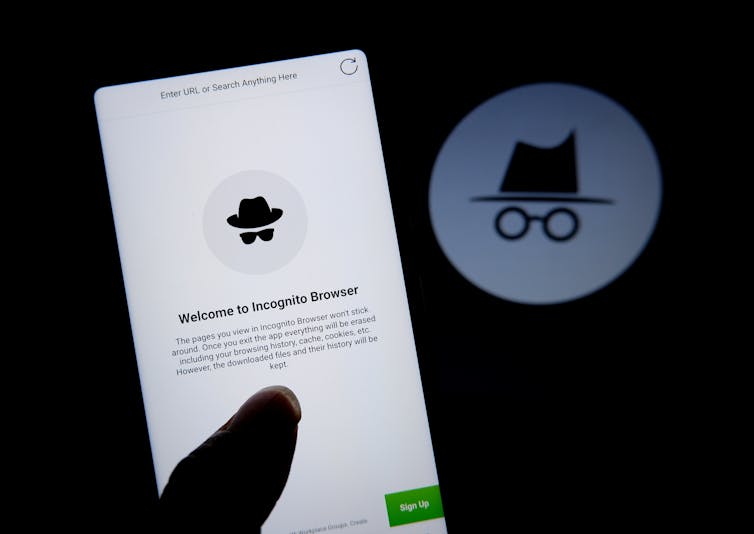HOW TO SAFE BROWSE IN 2020? ALL YOU NEED TO KNOW!
- Get link
- X
- Other Apps
Safe Browsing Url
To be safe in the internet at all times make sure to never click links from websites and people you dont know as this people can be hackers or cyber crimnals ho can hack you and steal your data easy.The main focus on staying safe is to allways look for short urls as they hide the real domain of the website that it directs you wich can lead to getting your ip tracked and even hacked,Most of the times it hapends on social media as its easier for a hacker to find you and target you!
Safe Browsing Option In Chrome
If you are a Google Chrome user this is an exellent option to use on your devices as it can protect you from many websites and ip loggers wich will keep you safe at all times when browsing and will gives you a higher rate of protection while in the internet and it works really well.This mode is called Incognito Mode and works really well on Chrome as it provides you with loads of protection it also makes your ip location private to any site your browsing and in 2020 as there is more activity its safer to just use this mode on your device.
Safe Browsing List Check
What is a Safe Browsing List Check? Well the answer is simple make a list of all links you click so you can later check wich sites have malware and should stop use,but how do you do that well you need to install a link tracker also known as browser activity tracker wich will capture all link adresses from your daily browsing and will make your experience way safer wich will give you a better time browsing the internet.
7 Tips for Safe Web Browsing
Spend any time at all reading up on the topic of web security and you may be tempted to never log onto a computer again. There are as many ways to compromise your information as there are stars in the sky, it seems. Viruses and malware spread, easily and quickly, through simple actions such as clicking on links found on web pages or in email. An infected computer can run slow, barrage you with pop-ups, download other programs without your permission, or allow your sensitive personal information to be accessed.
Secure web browsing is a game of changing tactics. Just when you think you’ve made your computer as safe to use as possible, the landscape changes. Cyber criminals are constantly developing new methods to hijack your system, and unless you stay ahead of the game you could find yourself with a very large problem.
Though you may be tempted to just unplug your computer and take yourself off the grid permanently, taking a few minutes to learn some secure browsing procedures will help to keep your computer free of viruses and malware, and will keep your personal information secure.
1. Install and use antivirus software.
Security experts agree across the board that a good first line of defense is to make use of antivirus software. Antivirus software will detect and remove viruses as well as prevent any new infections. Do your research, choose a software program that fits your needs, and use it.
2. Use a firewall.
A firewall is an application that protects your computer from hackers gaining unauthorized access to your computer. Setting up a personal firewall will dramatically reduce the possibility of your computer being attacked by Internet threats.
3. Strong passwords are your friend.
A strong password is the equivalent of a deadbolt on a door. The more difficult it is to gain entrance to your accounts, the safer your accounts are. Make your passwords difficult to figure out, by using a combination of letters, numbers, and special characters, and most importantly, change them regularly.
4. Update your security software.
It’s not enough to install security software one time; you must install each update as it is made available. Cyber criminals are constantly finding new ways to infiltrate systems and launch new threats, and security software developers release updates to combat this trend.
5. Be wary of clicking links in email or instant messages.
Viruses spread easily through links in instant messages and email attachments. Even if you know and trust the person who sent it, it’s possible the link is infected and the sender is unaware of it.
6. In fact, be wary of clicking links, period.
Free toolbars, popup windows offering freebies, sidebar ads on websites, links in public forums – clicking any of these could open your computer to a host of issues. Just don’t do it. That free trial of a new game isn’t worth it.
7. Bookmark important sites.
If there are sites you visit regularly, it’s a good idea to bookmark them in your browser. A mistyped address could take you to a false site that mirrors the site you intended to go to, but with malicious code that can harm your computer and compromise your information. Bookmarked addresses take you to the same site every time.
Most importantly, realize that the care you take to protect yourself in your everyday life extends to your online life. Don’t share personal information unless you are absolutely certain that where you share it is secure. Be aware that any information you share over a public wireless hot spot (say, at your favorite coffee shop) is not secure and can be seen by anyone looking at information as it travels over that network. Just as you wouldn’t leave your debit card on the dashboard of your unlocked car, don’t make your information easy to attain.
Bonus Tips For Browsing Safe
Hackers
The term “hacker” is definitely overused to the point that the term’s meaning is a bit cloudy. However, hackers are individuals trying to gain access to your information for personal or political gain. These cyber-criminals use a number of methods but their motivation is mainly getting your financial information, passwords, or social security number. They then use this information for identity theft or to access your bank accounts.
Advertisers
Much of the internet is built around advertising. To make their ads more effective or to get insight into how you interact with their websites, companies and businesses use the massive amounts of data they collect.
Google operates the largest advertising network in the world. With its analytics software and advertisements on a majority of the internet’s websites, Google knows a lot about you. If the idea of one company knowing most of what you do on the internet makes you uncomfortable, you are not alone.
- Get link
- X
- Other Apps










Comments
Post a Comment